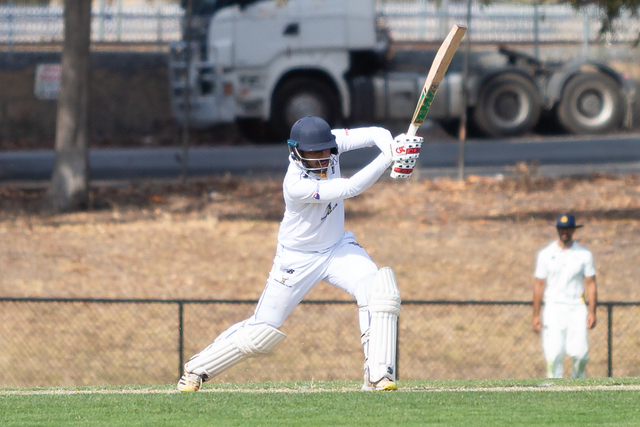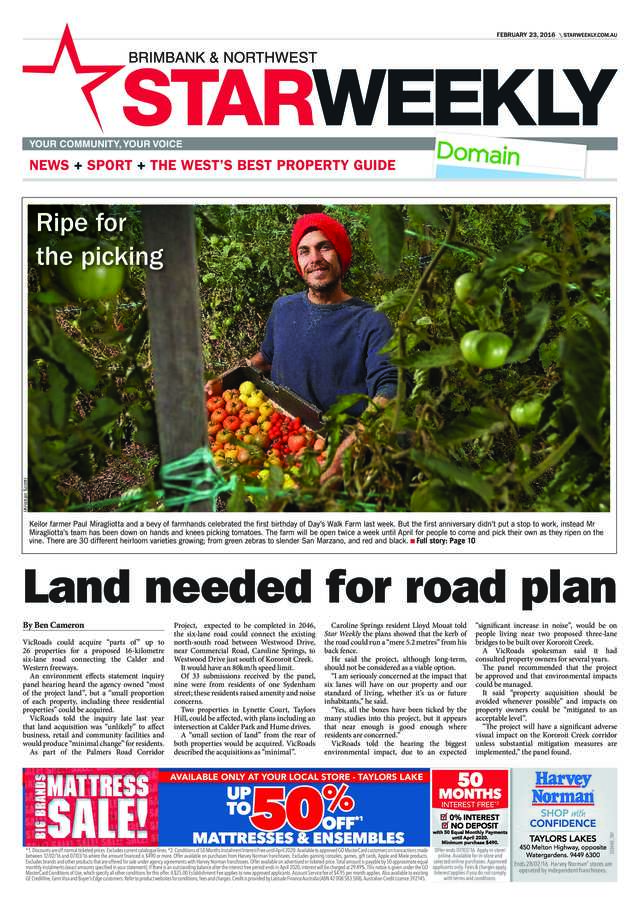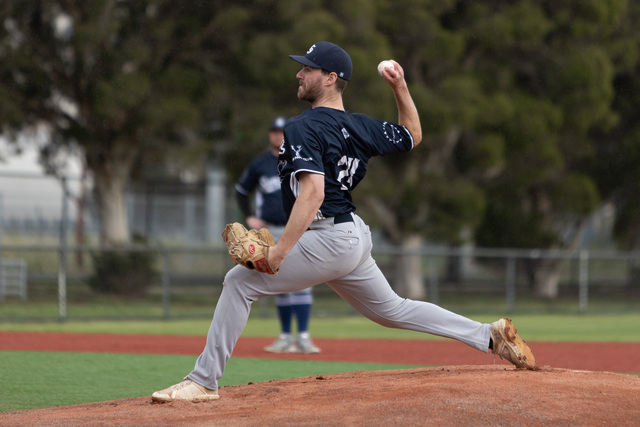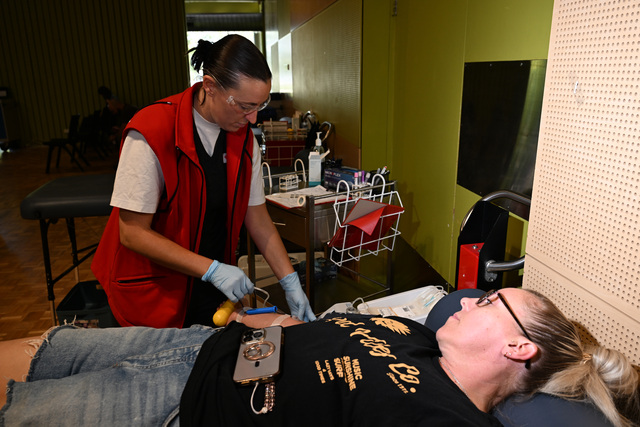Essendon and James Hird have lost their high-stakes challenge of the Australian Sports Anti-Doping Authority in Federal Court, and the cases against 34 AFL footballers alleged to have used prohibited drugs stand.
In a finding that throws the future of the Bombers’ recently reinstalled senior coach into question again, Justice John Middleton dismissed the argument mounted by the club and coach that ASADA’s investigation into Essendon’s supplements program was unlawful.
Fairfax Media was told on the eve of the verdict delivery that Hird, who has already shelled an estimated $500,000 on the Federal Court action, would almost certainly appeal an adverse finding.
Fairfax understands that club and coach were aligned on this front.
For now, the conduct of Australia’s sports anti-doping agency – intensely scrutinised and criticised over the last 20 months – has been affirmed.
Justice Middleton endorsed ASADA’s former CEO, Aurora Andruska, as a “truthful witness” in the Federal Court. He said that Hird, and the Essendon footballers who submitted themselves to interviews with ASADA investigators – in full knowledge that there were AFL representatives present – could hardly complain in retrospect about the way the probe was conducted.
“The AFL could itself have separately and lawfully … compelled the 34 players and Mr Hird to provide the very information in fact provided by them in the course of the investigation,” Middleton said in his findings.
“ASADA could then have requested the provision of information from the AFL, or the AFL could have volunteered the information.
“As to the future, no useful purpose would be served by setting aside the [show cause] Notices [issued to 34 players by ASADA].”
The Federal Court case was launched by Hird and Essendon to determine whether ASADA – a government agency that stakes its reputation on acting independently of all political and sporting influence – acted outside the law in the way that it worked with the AFL to investigate whether prohibited drugs were administered to footballers in the Bombers’ 2012-13 supplements program.
Hird and Essendon also argued that ASADA acted improperly, and beyond its legislative powers, by providing confidential information to the AFL that the league’s commission used in order to issue the club and coach with unprecedented sanctions last August.

















